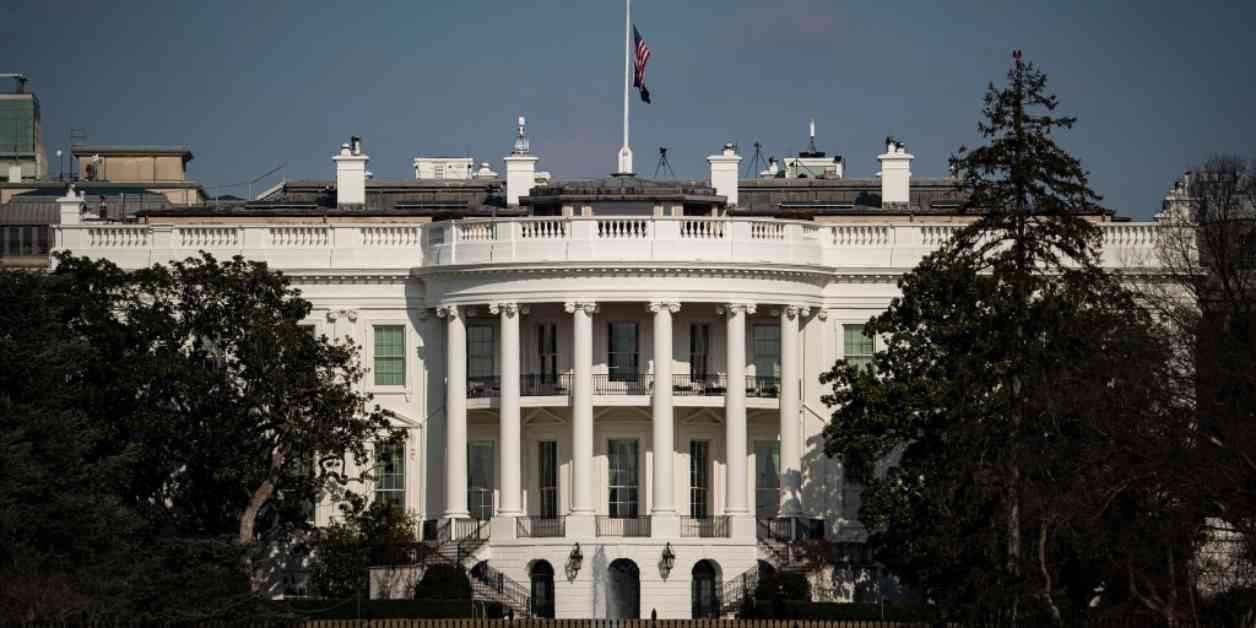In a recent development in Washington, a judge has issued a court order mandating the temporary reinstatement of foreign aid funding that the Trump administration had sought to pause. This ruling marks a significant setback for the administration’s broad attempts to halt international aid, sparking reactions from various nonprofit organizations and other entities involved in global assistance projects.
Nonprofit groups dedicated to international aid initiatives, alongside other organizations, had raised concerns and objections against an executive order signed by President Donald Trump that imposed a blanket suspension on U.S. foreign aid. Following this executive order, Secretary of State Marco Rubio promptly ordered a near-complete halt to American foreign assistance programs.
The courtroom drama unfolded when U.S. District Judge Amir Ali delivered a decision that, instead of striking down the entire executive order, focused on preventing the administration from suspending or canceling foreign aid programs that were established before Trump assumed office. Although Judge Ali refrained from enjoining the President or the Executive Order itself, he emphasized the importance of addressing the detailed and credible evidence presented regarding the negative impact on numerous American businesses.
Judge Ali highlighted the detrimental consequences faced by American businesses, including program closures, employee furloughs, and layoffs, as well as business shutdowns. This ruling was met with approval by the Global Health Council, one of the plaintiff organizations, with its president, Elisha Dunn-Georgiou, lauding the decision as a crucial initial step toward the restoration of U.S. foreign assistance programs. Dunn-Georgiou underscored the significance of resuming life-saving work and emphasized the demonstration of core American values through compassion, leadership, and a commitment to global health and stability.
Following the court ruling, the parties involved were directed to submit a joint status report by Friday evening to outline the next steps in the legal proceedings. The White House’s actions had directly impacted the U.S. Agency for International Development (USAID), leading to the dismissal, furlough, or administrative leave of numerous employees and contractors. Trump and Elon Musk, the head of the Department of Government Efficiency, had criticized USAID, citing wasteful spending and labeling the agency as a “criminal organization.”
As the legal battle continues and the fate of foreign aid funding hangs in the balance, the implications of this court order resonate across the humanitarian landscape. The importance of maintaining critical international aid programs, particularly in the face of global challenges, cannot be understated. The intricacies of policy decisions and their far-reaching effects underscore the significance of judicial oversight and the role of advocacy organizations in safeguarding essential humanitarian efforts.
Impact on Global Assistance
The temporary reinstatement of foreign aid funding, as mandated by the court order, has far-reaching implications for global assistance initiatives. Nonprofit organizations, advocacy groups, and governmental agencies play a pivotal role in addressing pressing humanitarian needs worldwide. The disruption caused by the halt in foreign aid underscores the interdependence of nations and the necessity of collaborative efforts to tackle complex challenges.
Challenges in Foreign Aid Allocation
The debate surrounding U.S. foreign aid allocation highlights the complexities and controversies inherent in international assistance programs. Balancing concerns about efficiency, accountability, and impact requires a nuanced approach that considers the diverse needs of recipient countries and the priorities of donor nations. The ongoing discourse on foreign aid funding underscores the need for transparency, evaluation, and strategic planning to optimize the effectiveness of aid programs.
Challenges in Foreign Aid Allocation
The debate surrounding U.S. foreign aid allocation highlights the complexities and controversies inherent in international assistance programs. Balancing concerns about efficiency, accountability, and impact requires a nuanced approach that considers the diverse needs of recipient countries and the priorities of donor nations. The ongoing discourse on foreign aid funding underscores the need for transparency, evaluation, and strategic planning to optimize the effectiveness of aid programs.
As the legal battle over foreign aid funding continues to unfold, the outcomes of this courtroom showdown will shape the future of international assistance and humanitarian efforts. The intersection of policy, law, and global impact underscores the critical role of judicial decisions in safeguarding essential aid programs and upholding humanitarian principles. The resilience and dedication of organizations committed to global assistance stand as a testament to the enduring spirit of compassion and solidarity in addressing the world’s most pressing challenges.


